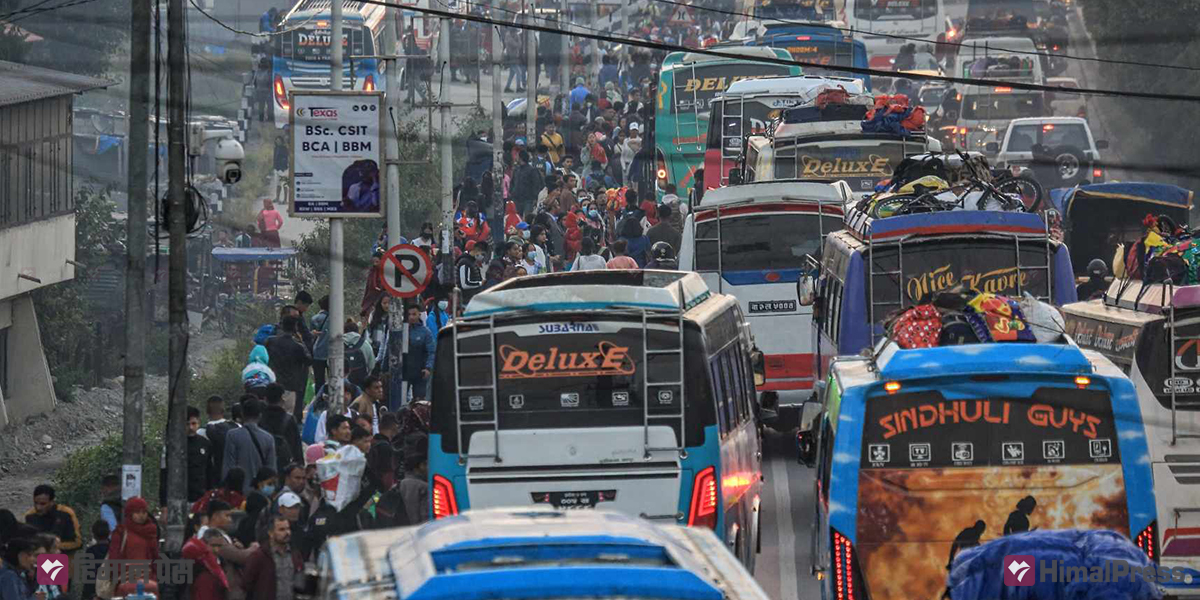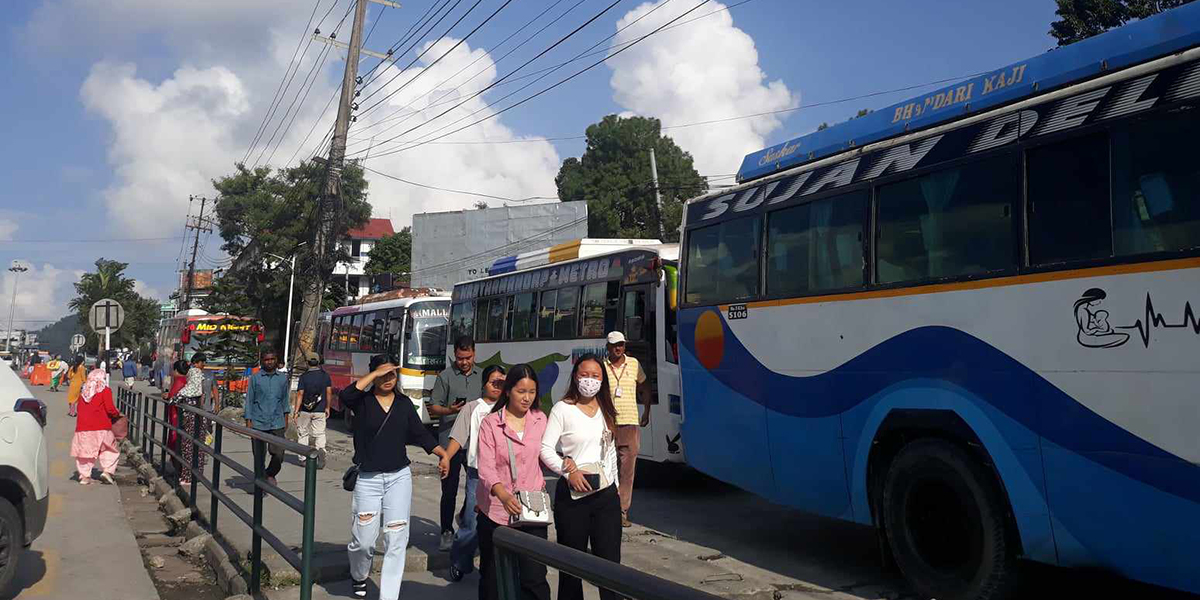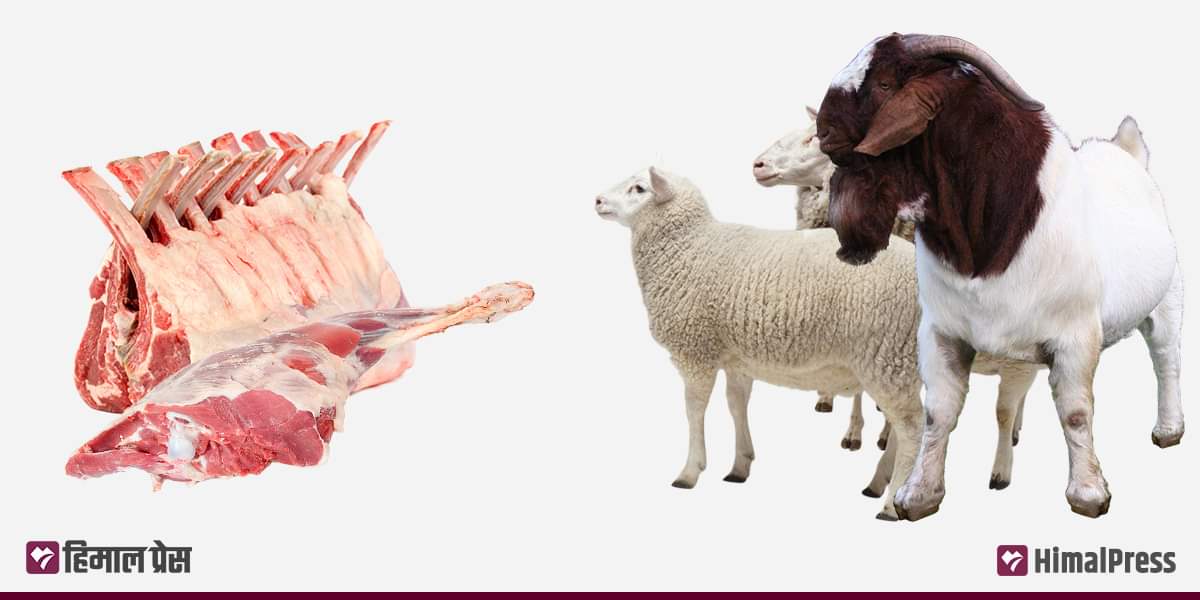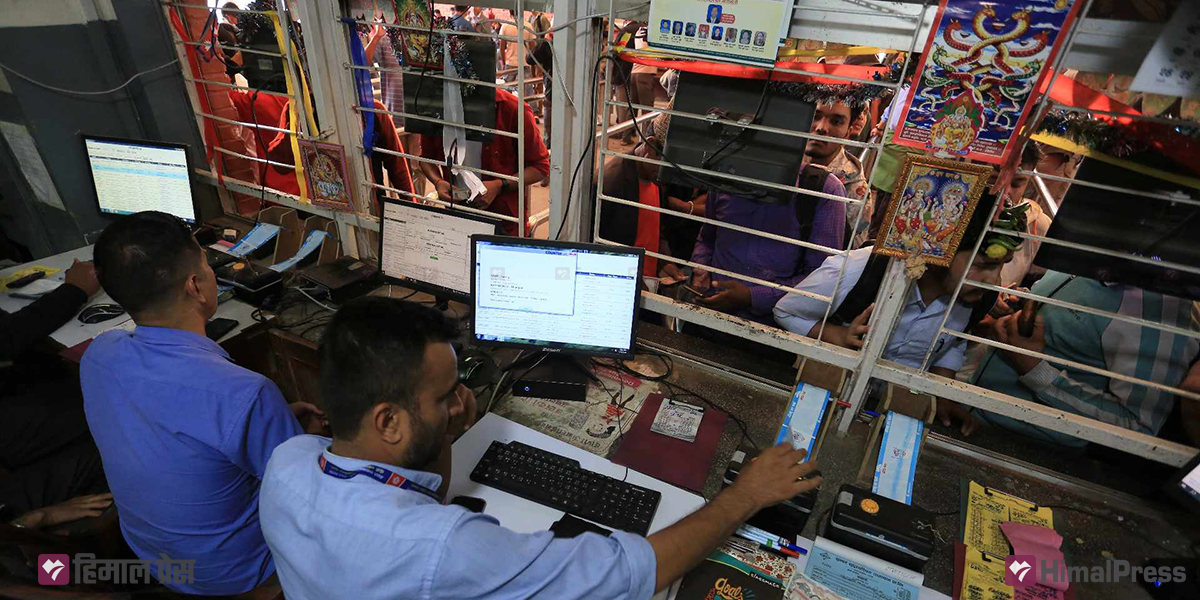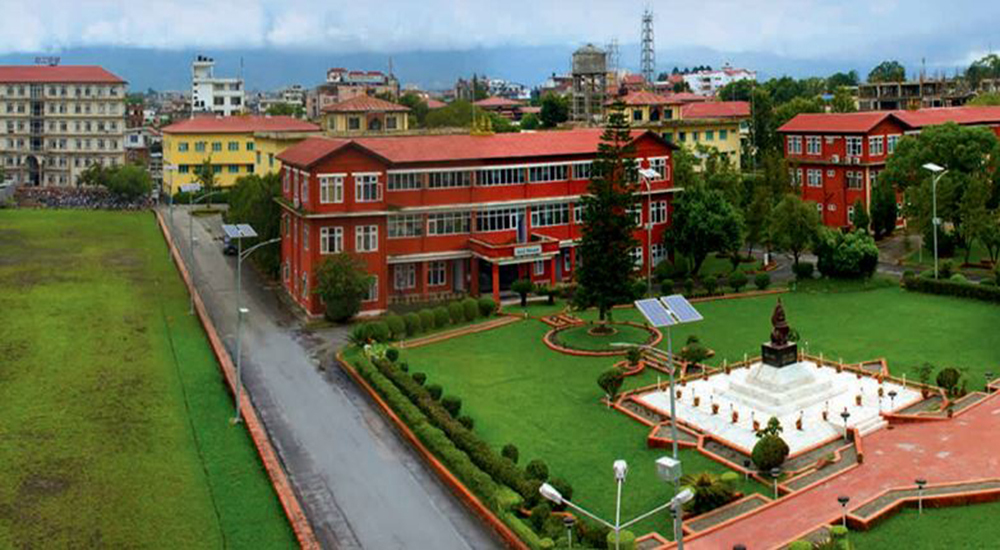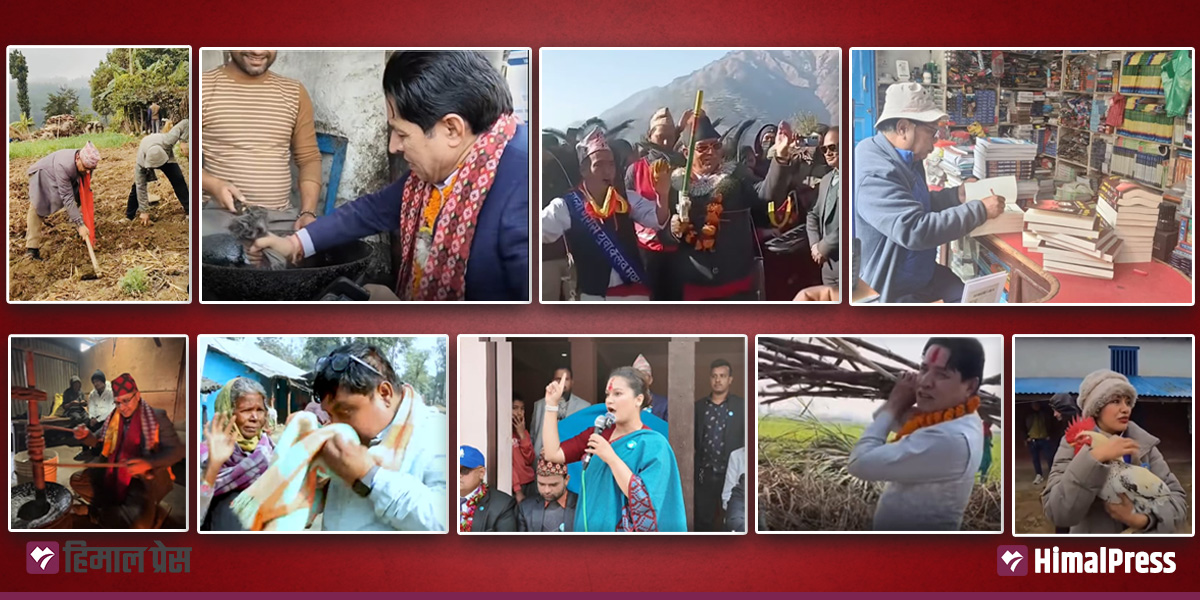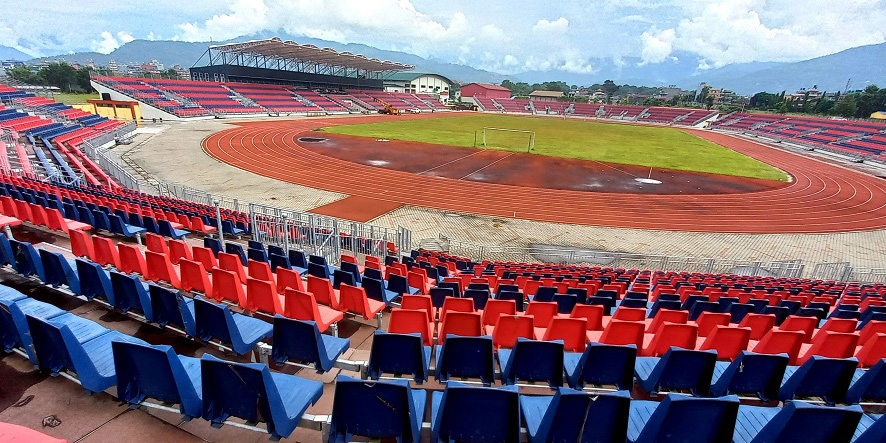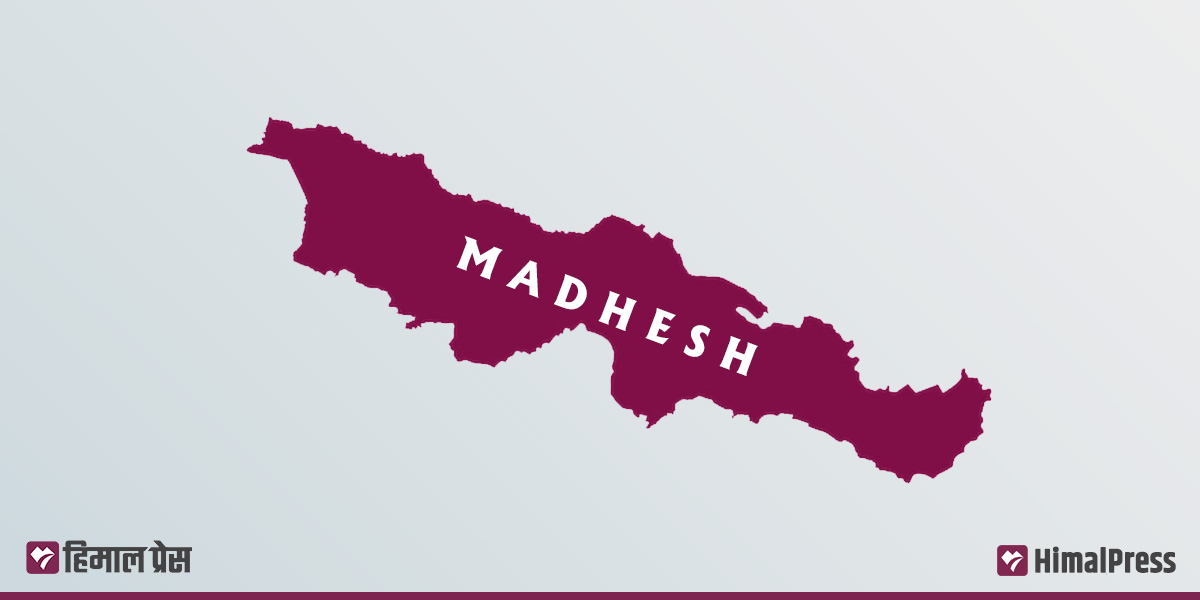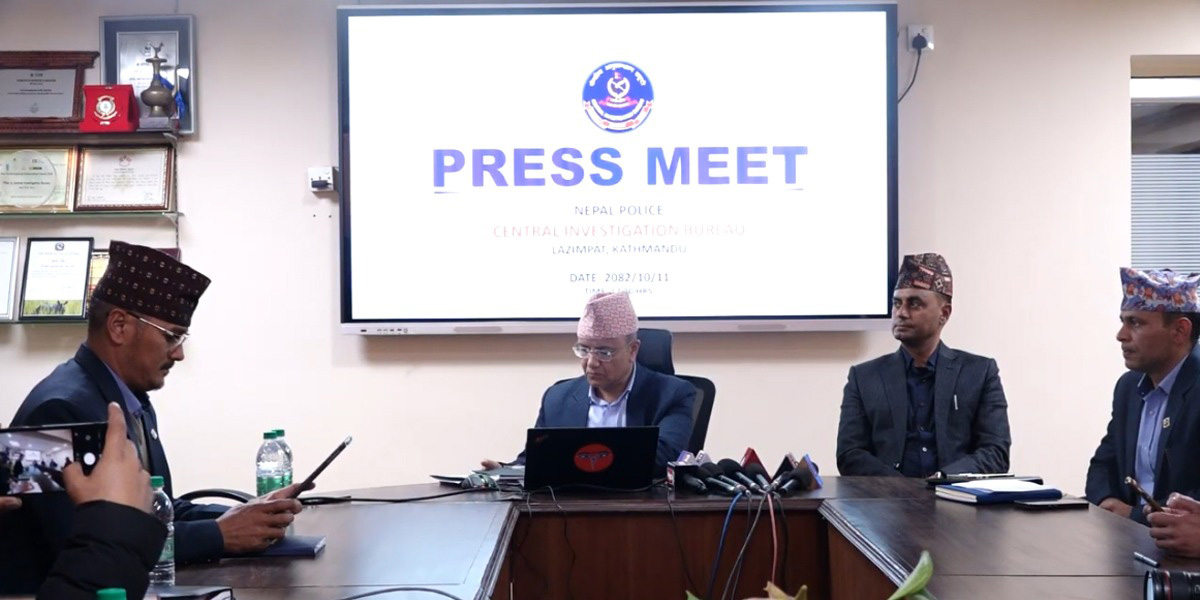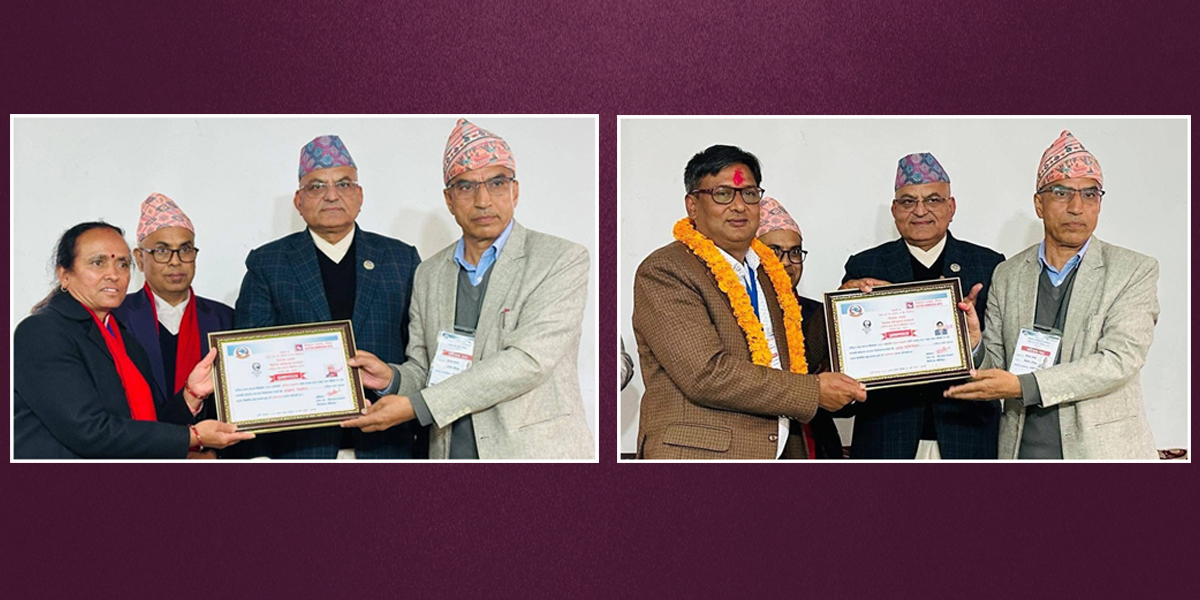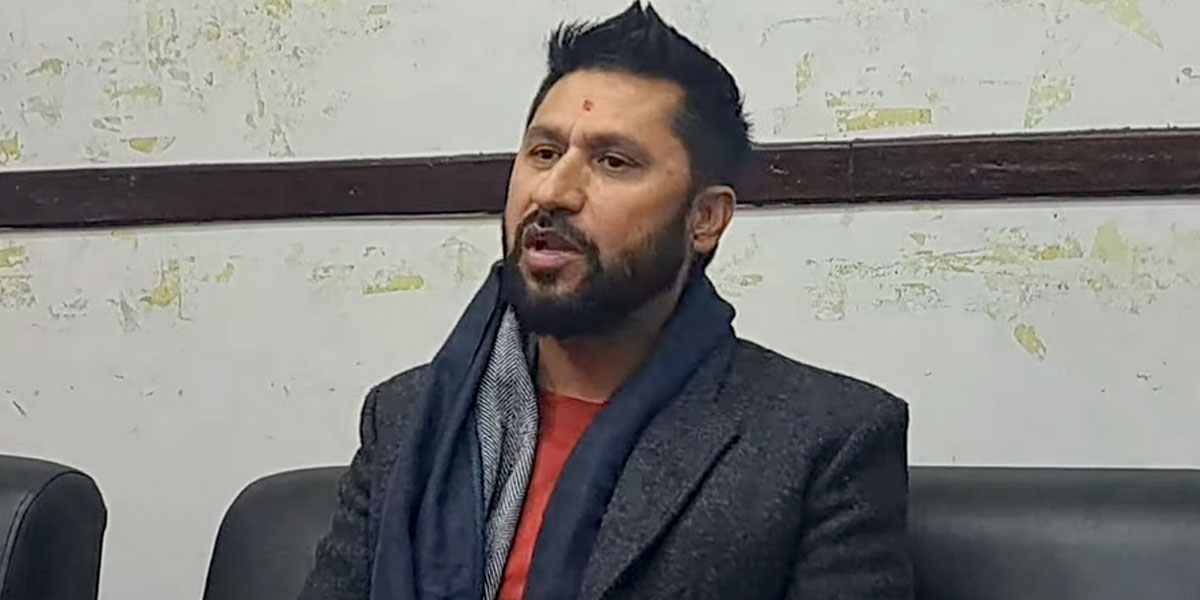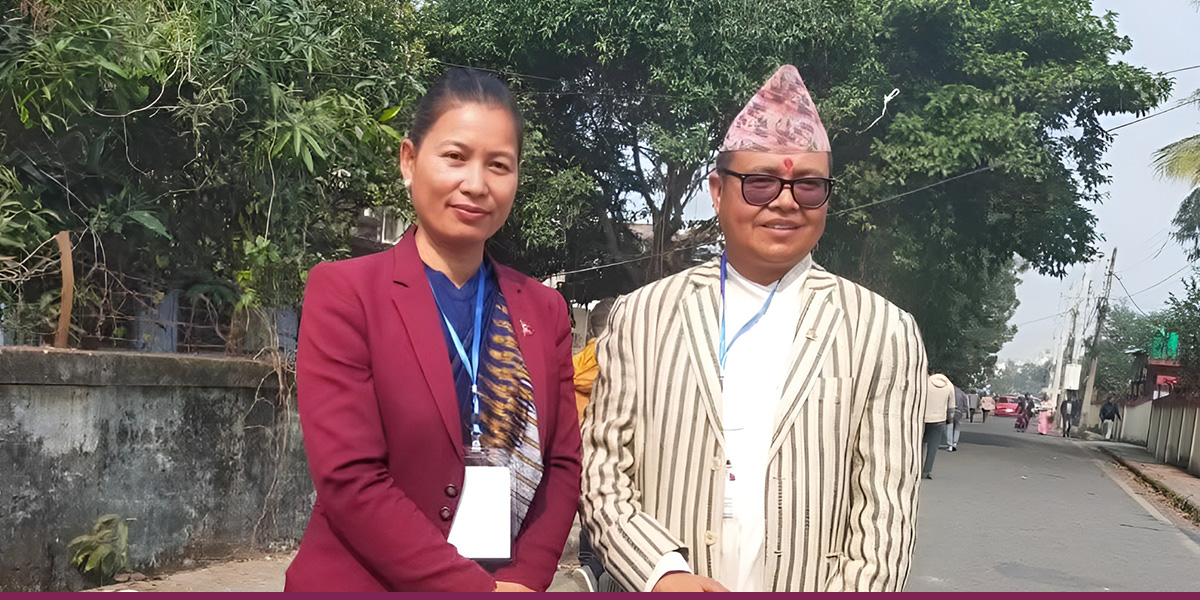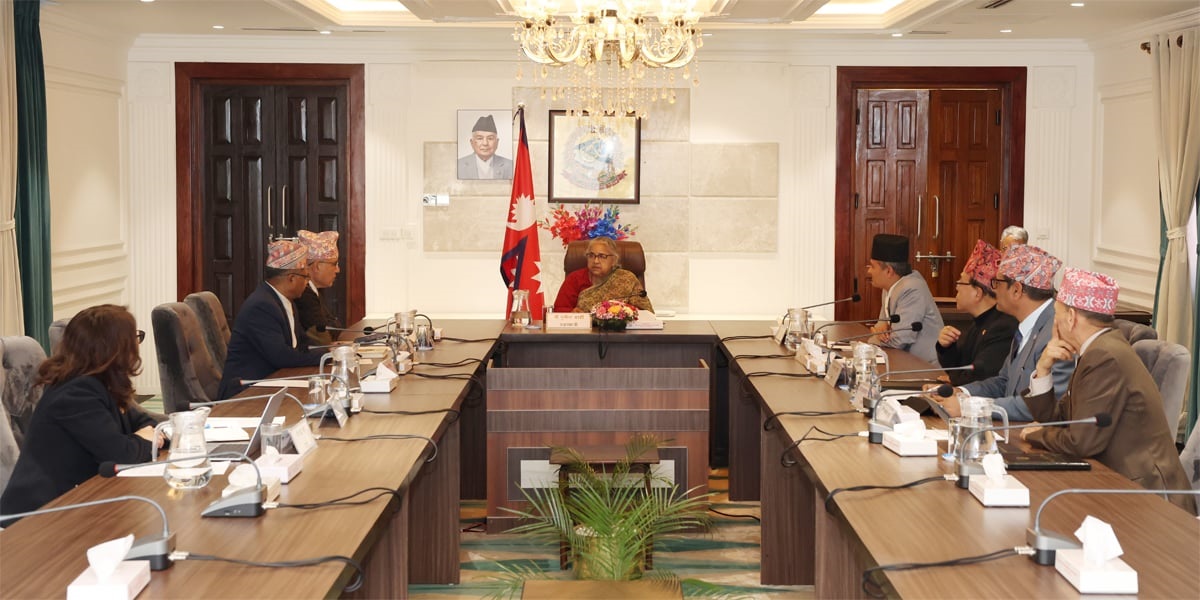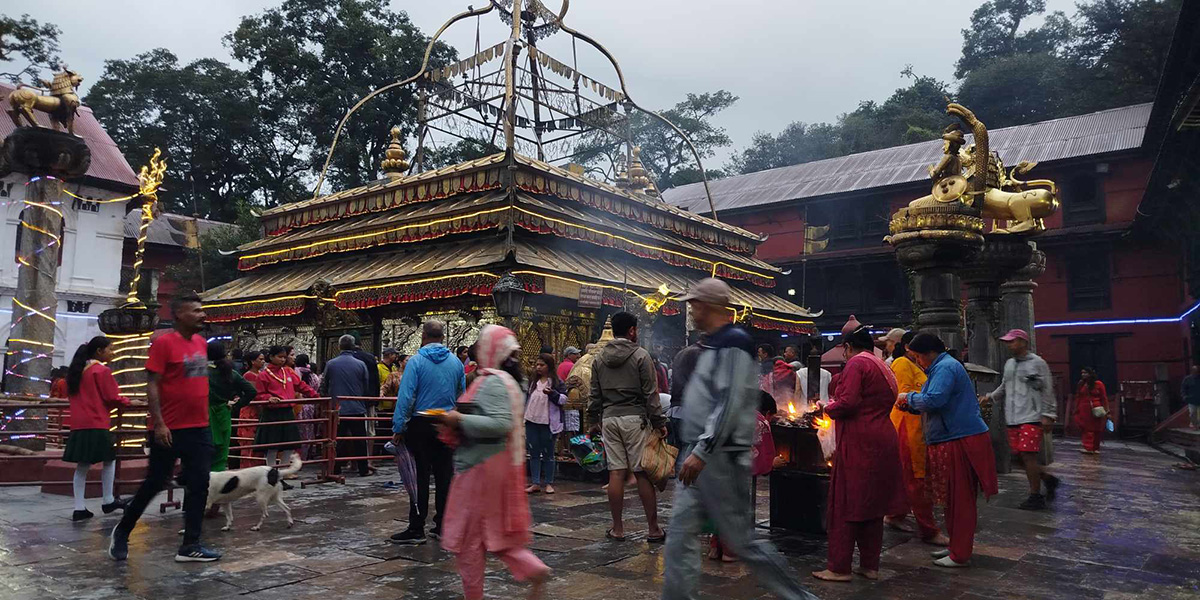
KATHMANDU: The Dashain festival kicked off on Thursday with the Ghatasthapana ritual. This auspicious day sets the stage for a 15-day celebration that holds deep cultural and religious significance for Hindus across Nepal and around the world.
Ghatashtapana, which literally translates to installation of the holy vessel, is the day when barley seeds are sowed in a bed of sand, soil of cow dung, in the worship room of every Hindu household. The holy vessel, or Kalash, installed at the center of the bed is revered as Goddess Durga and worshipped over the next nine days.
The barley seeds, which grow into yellow sprouts, or Jamara, will be used along with Tika on the day of Bijaya Dashami – the festival’s tenth and most important day.
The main Ghatasthapana celebrations are held at the Dashain Ghar in Hanumandhoka or Kathmandu Durbar Square. The Jamara grown here is used by the President and other dignitaries.
Nine different manifestations of Goddess Durga are worshipped over the next days in the worship room in Hindu households and temples dedicated to Goddess Durga, or the Shaktipeeths, like Guheshwari, Maitidevi, Naxal Bhagwati, Shova Bhagbati, Bhadrakali, Naradevi, Dakshinkali, Bagalamukhi etc.

 Himal Press
Himal Press 